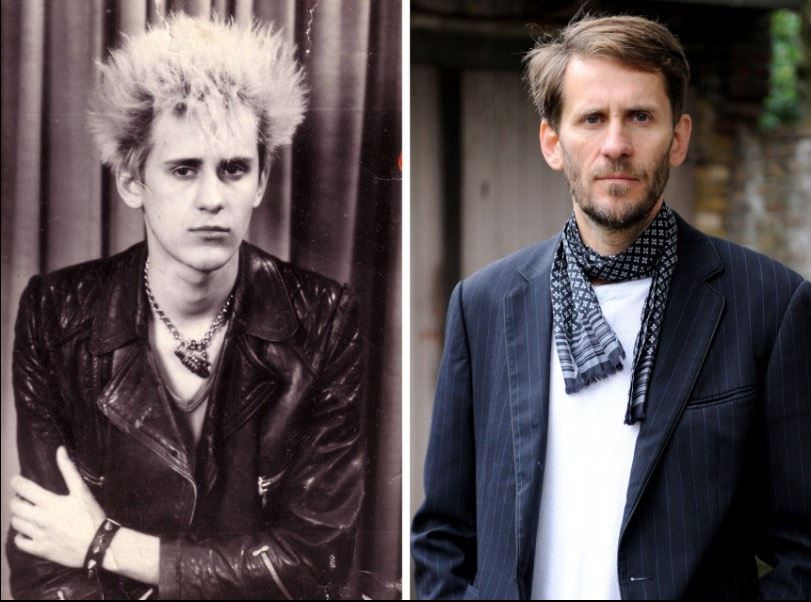It's possible that I may have mentioned once or twice that I have a novel out. It's called Red Pill and it's partly set in Berlin. While I was researching it, I found out a lot about life in the former East Berlin. Some of that found its way into the book. But there was more ... 


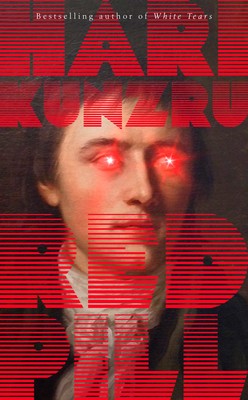
I was interested in surveillance. These days we all have a spy in our pocket, and the people watching are mostly from big tech companies, looking to predict our behavior. In the GDR, they had the Stasi 
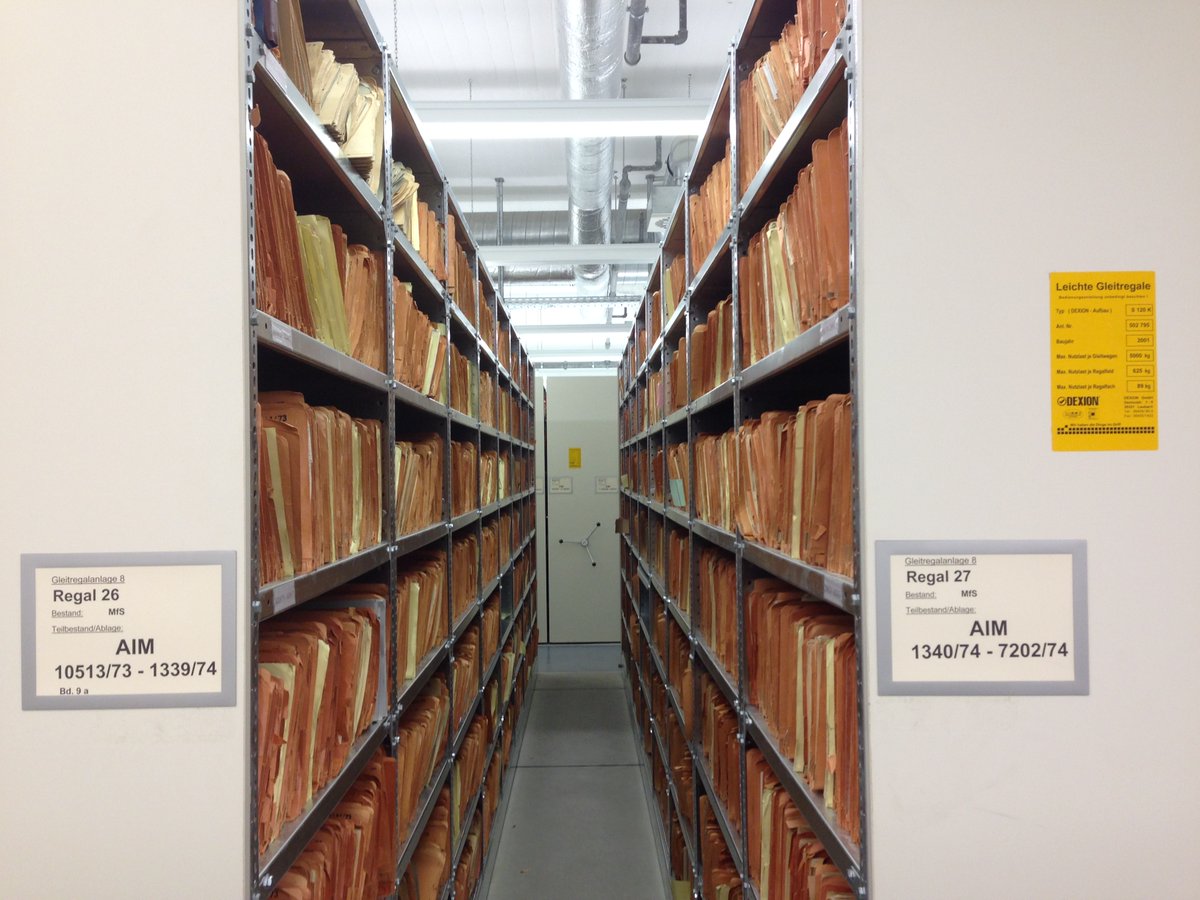
At first I was interested in how the Stasi monitored political dissidents and artists - people like the writers Juergen Fuchs and Sascha Anderson 
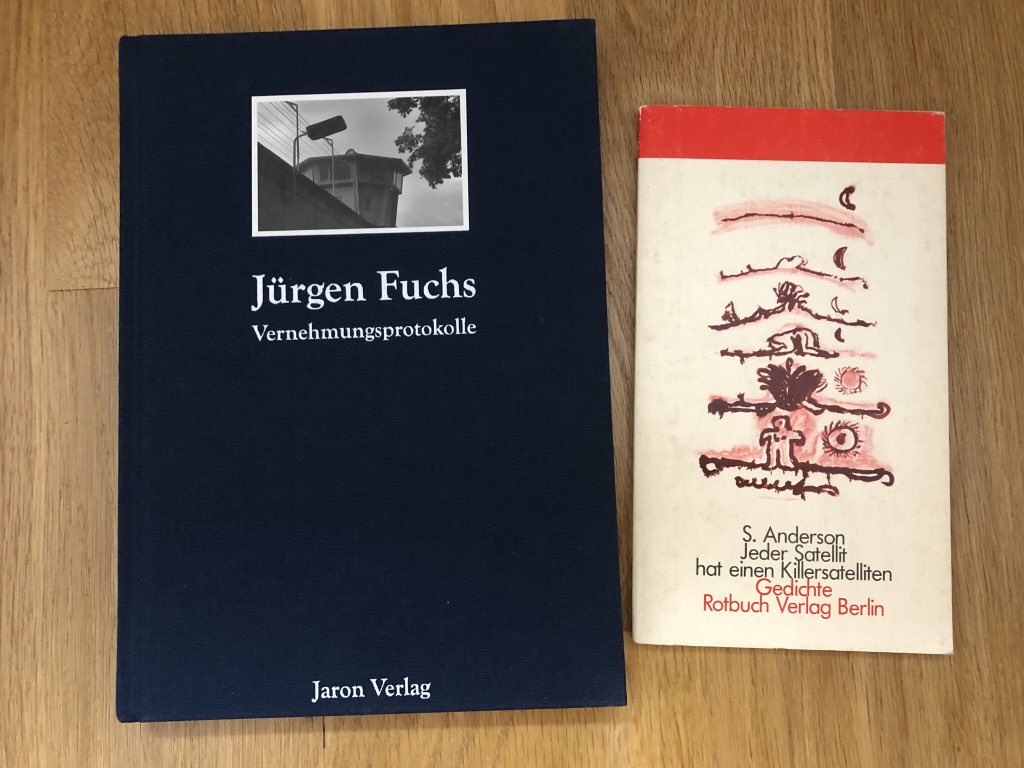
Fuchs was a staunch opponent of the regime, who served a prison sentence. He was eventually deported to the west, and died young of Leukemia, possibly as a result of being deliberately irradiated while in Stasi custody. 
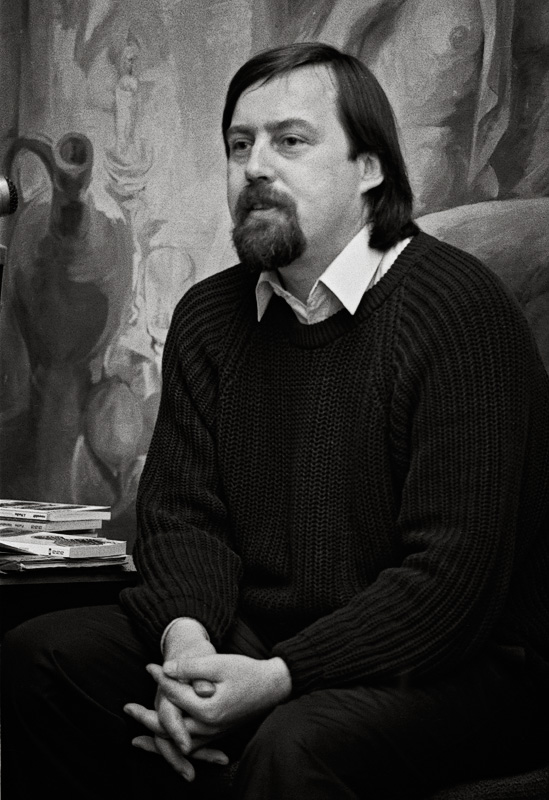
Anderson was a hyper-trendy poet in musician in 80's East Berlin. He was the king of the underground scene, who seemed to be able to make projects others couldn't. Why? After the fall of the wall it turned out he'd been a Stasi informer all along 
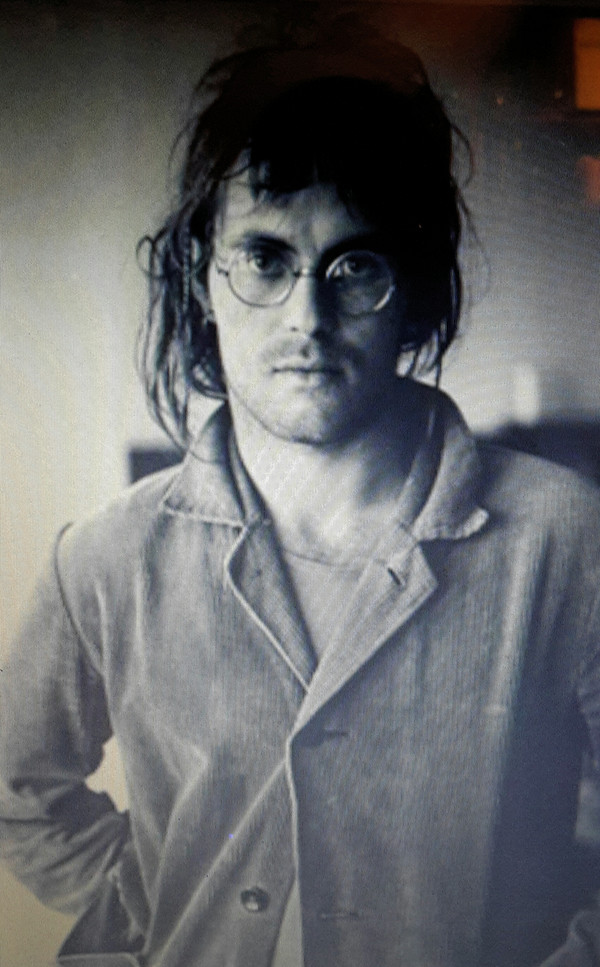
The Stasi were obsessed with the thought that the state could be undermined by cultural influences from the west 
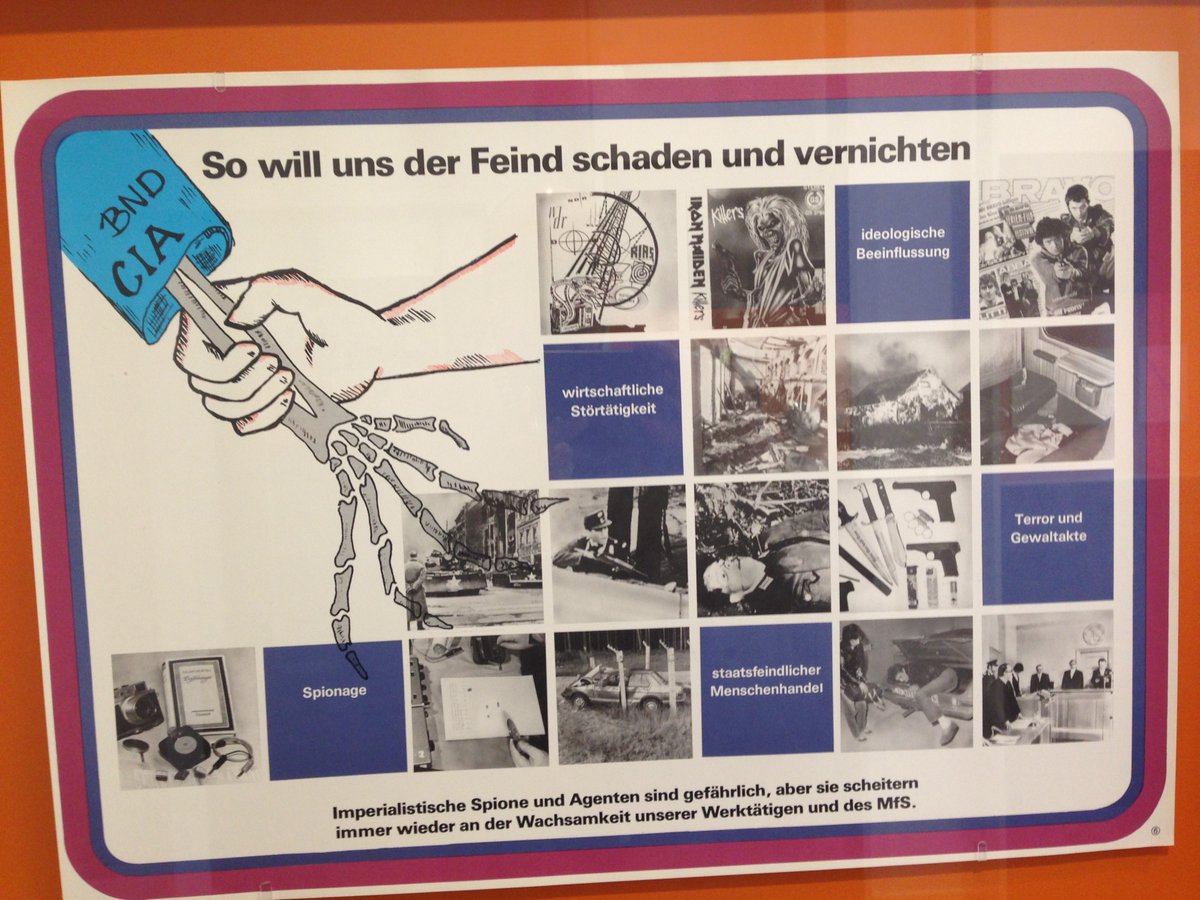
They had a huge surveillance apparatus, a network of agents and informers, often coerced or blackmailed into working with the secret police. 
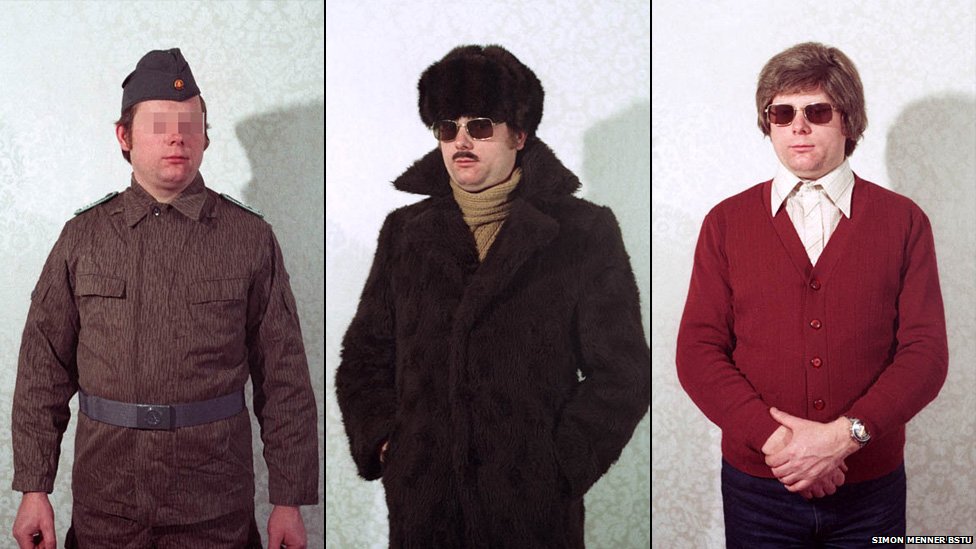
There was actually a Stasi university in Potsdam. There you could learn a set of techniques they called Zersetzung - undermining, or corrosion. The Stasi worked hard to destroy the lives, even the sanity, of people who opposed them 
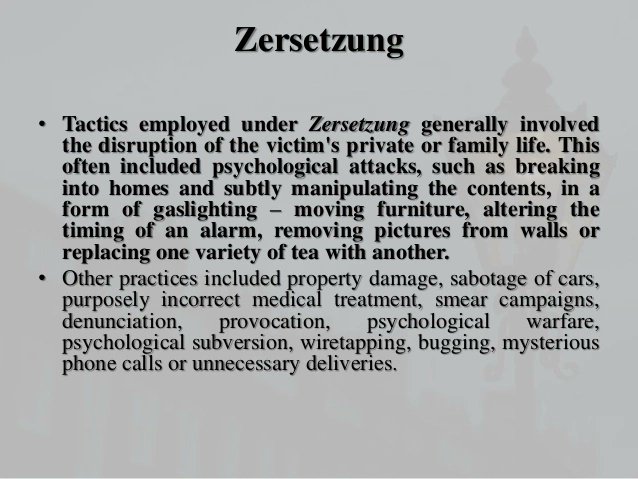
But the Stasi didn't just focus on political activists, or major cultural figures like this guy, the dissident singer Wolf Biermann
In the early 80's a new cultural movement found its way to East Germany. One that the Stasi culture cops were convinced was a Western plot to destroy the communist state. Punk. 
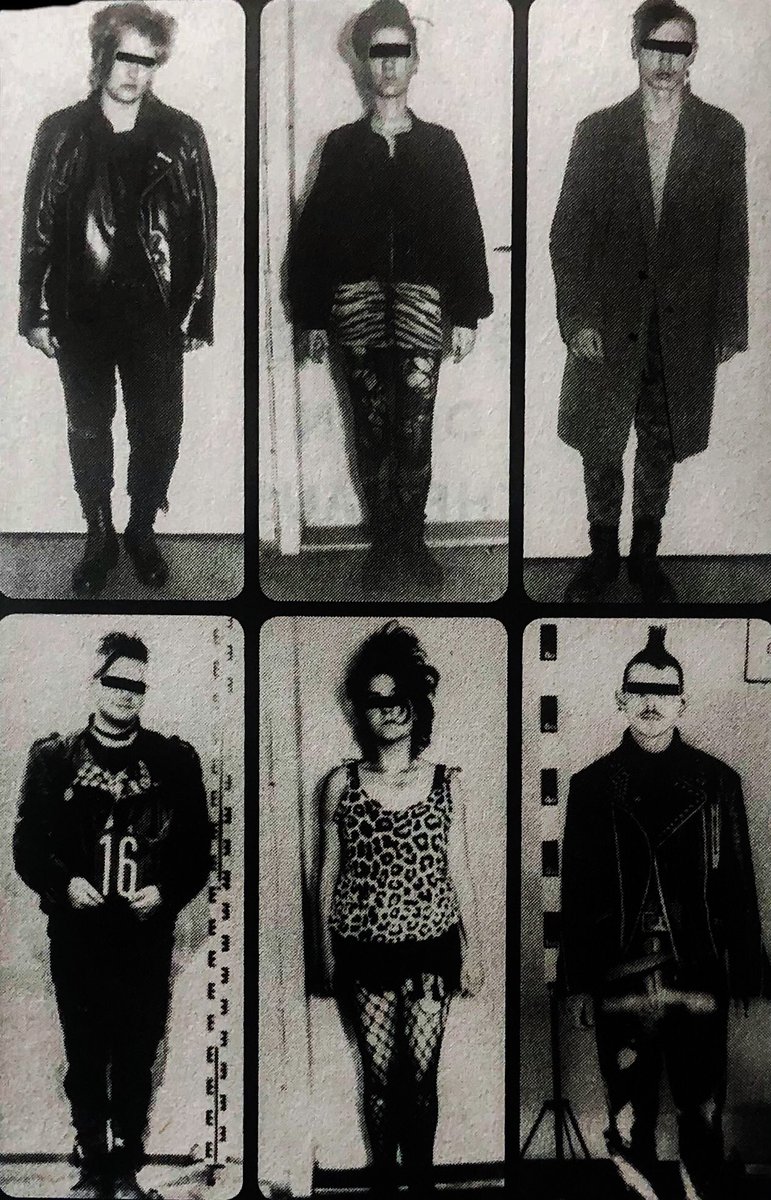
I was amazed to discover how seriously the Stasi took the punk threat. Punks were arrested and harrassed. Bands were forbidden to perform. I should mention that in the GDR you needed a license to perform music in public. Only 'decent' acts could get one 

So even playing a gig was illegal. Yet there were underground punk bands. One of the very first was Planlos (plan-less, aimless). And that's the story I'm telling in this episode of Into the Zone 
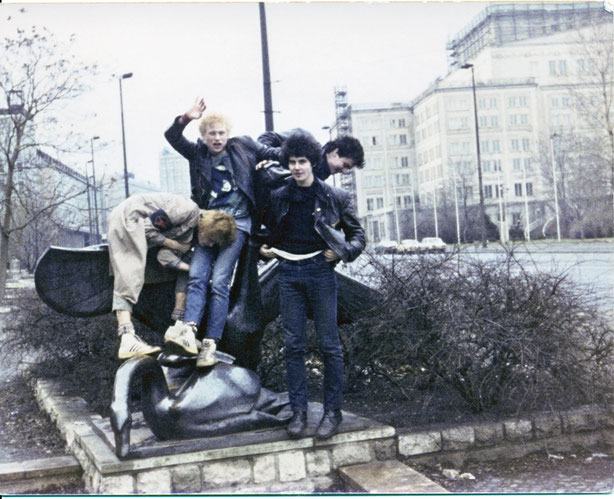
And I find out what it was like to be a teenager, hauled in by the secret police just because of the way you dressed and the music you made. Here's the link to 'Never Mind the Stasi', today's episode of Into the Zone podcasts.pushkin.fm/itz-never-mind… 
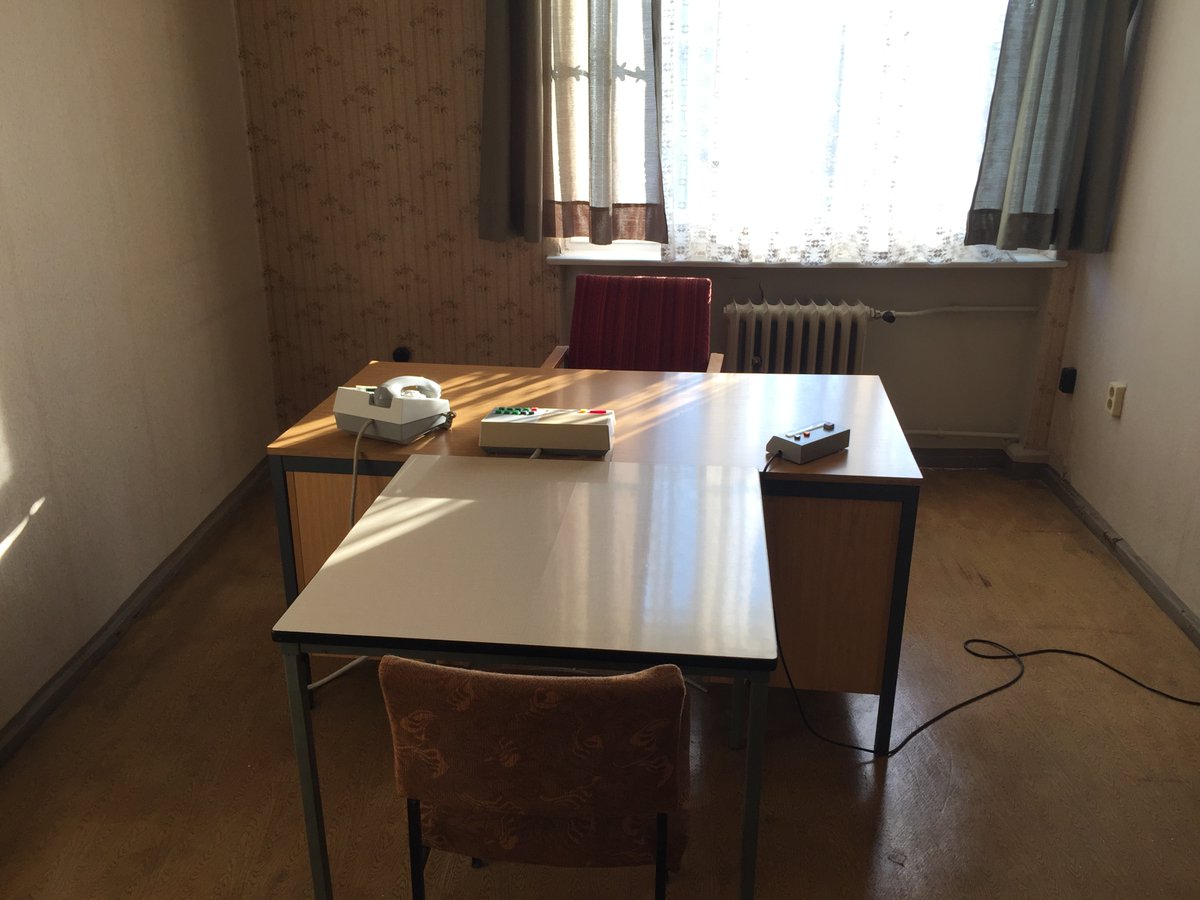
And here's how I turned all this into fiction, an excerpt from Red Pill that recently ran in the @NYerFiction newyorker.com/magazine/2020/…
I should also say (I obviously didn't plan this thread properly) that the show has a Manchester connection, through this guy, Mark Reeder. He was into Krautrock (and uniforms) and became a key figure in the West Berlin underground scene. 
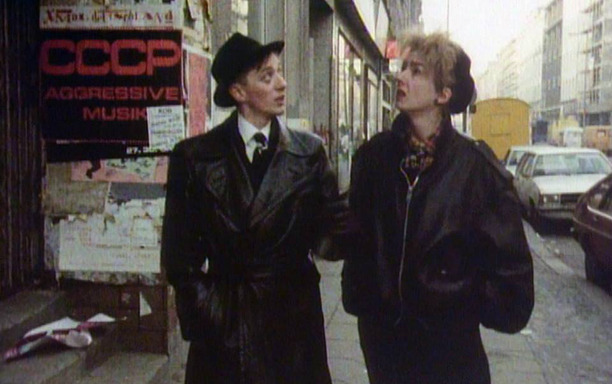
In that pic Mark is showing tv presenter Muriel Grey around Berlin for 80's British tv show The Tube. Mark shared a squat with Nick Cave and brought Joy Division to Berlin to play. He talks to me about smuggling in tapes for his East Berlin friends open.spotify.com/show/6CDmMBkOj…
There's so much great music from that time. On the (now massive) Into the Zone playlist, you can hear East Berlin punk, Ostrock, Neue Deutsche Welle and Krautrock. Start at track 100 open.spotify.com/playlist/0iESO…
• • •
Missing some Tweet in this thread? You can try to
force a refresh

